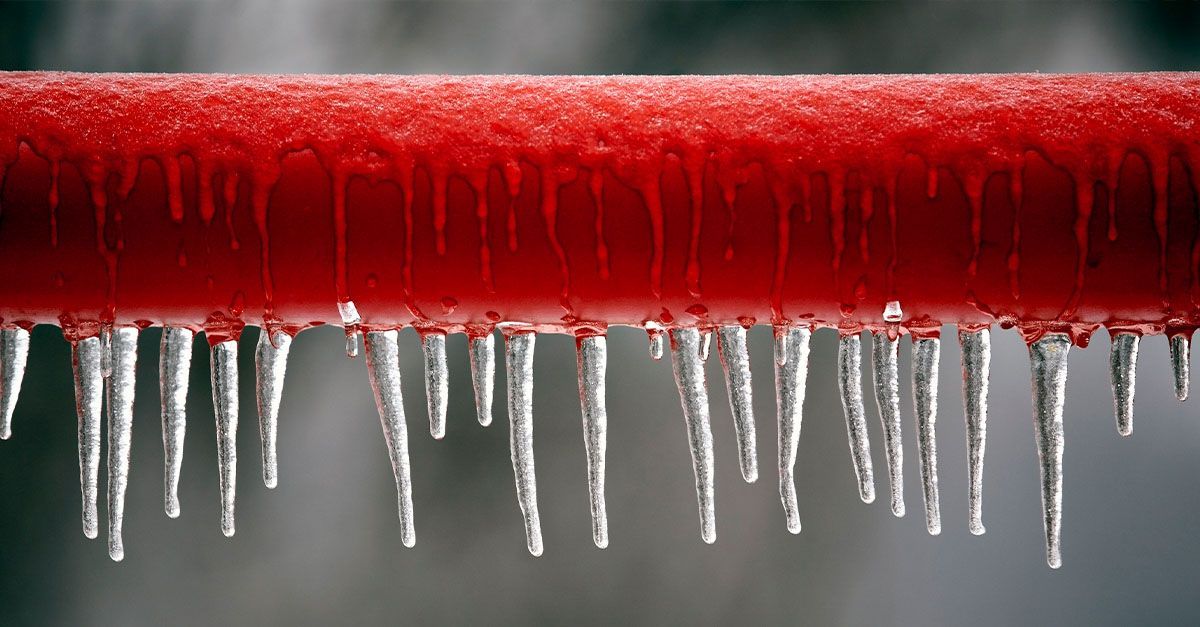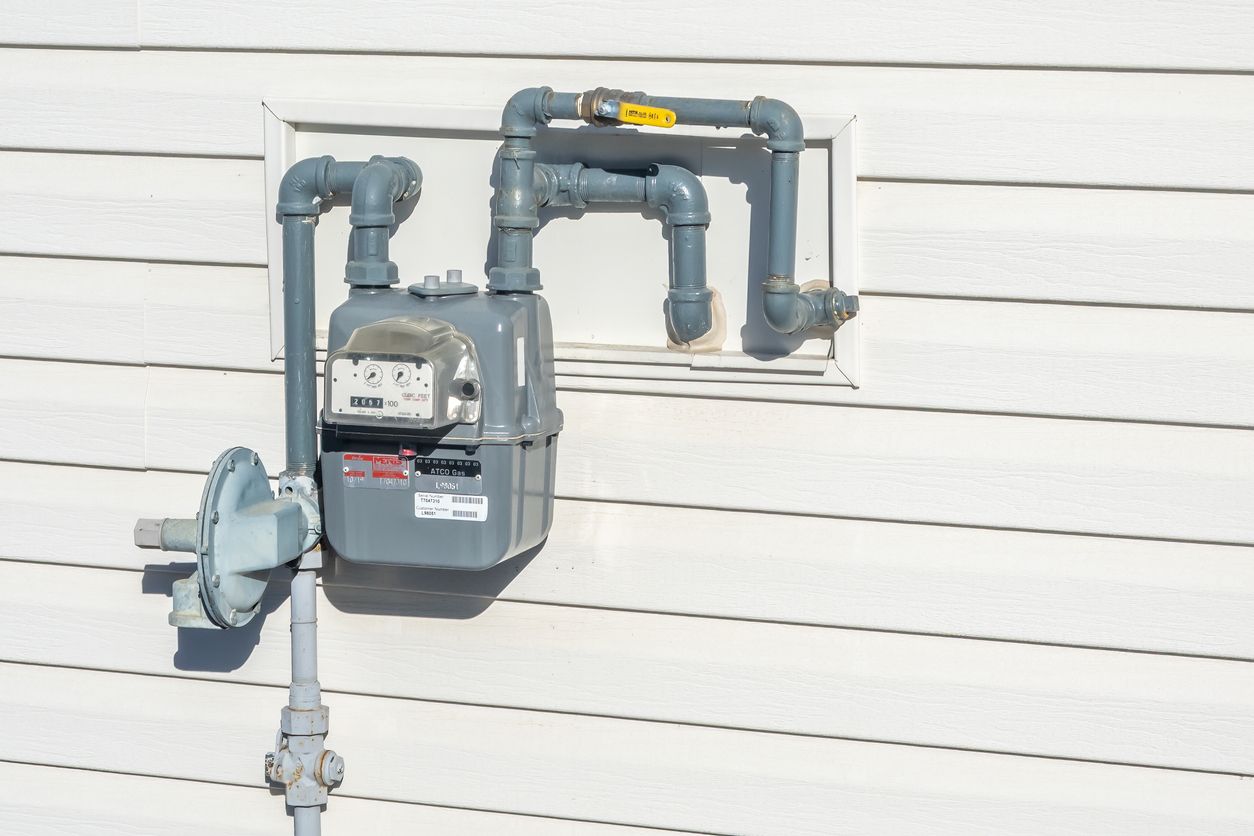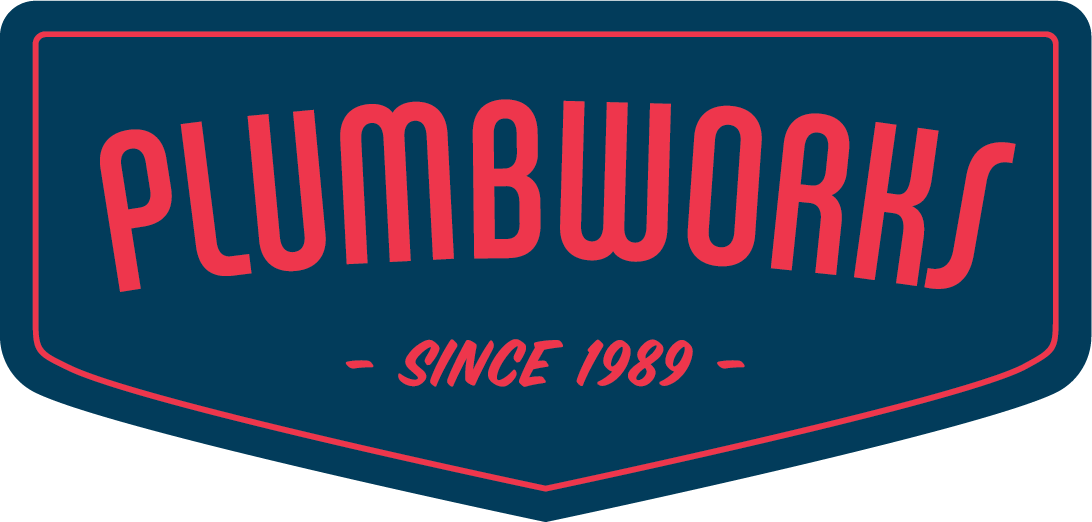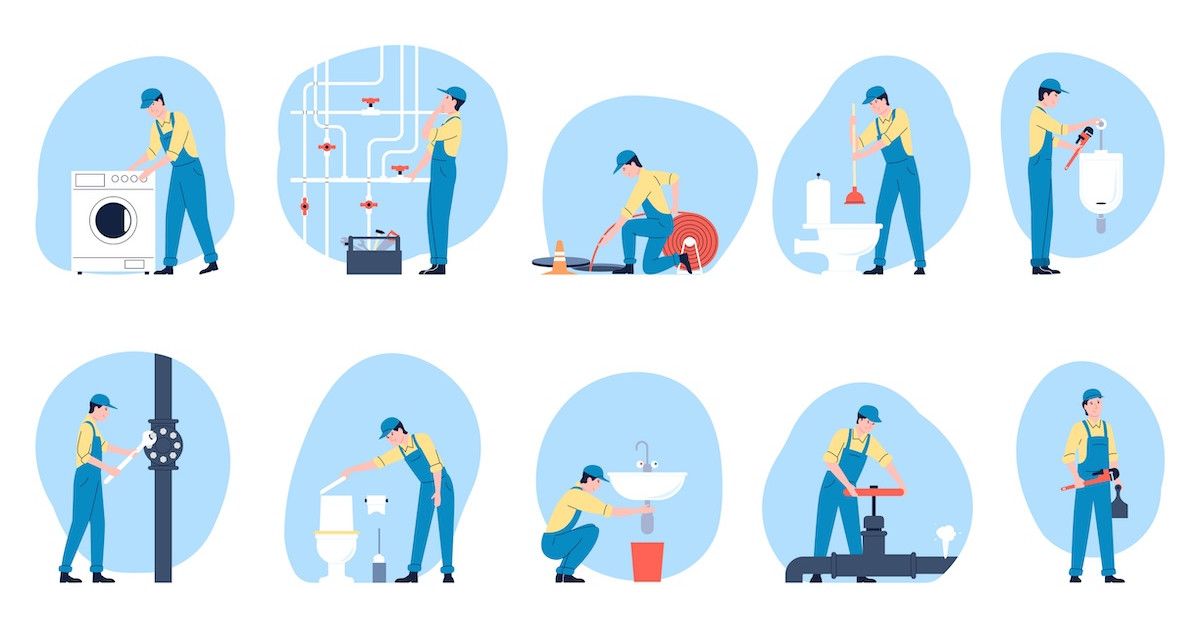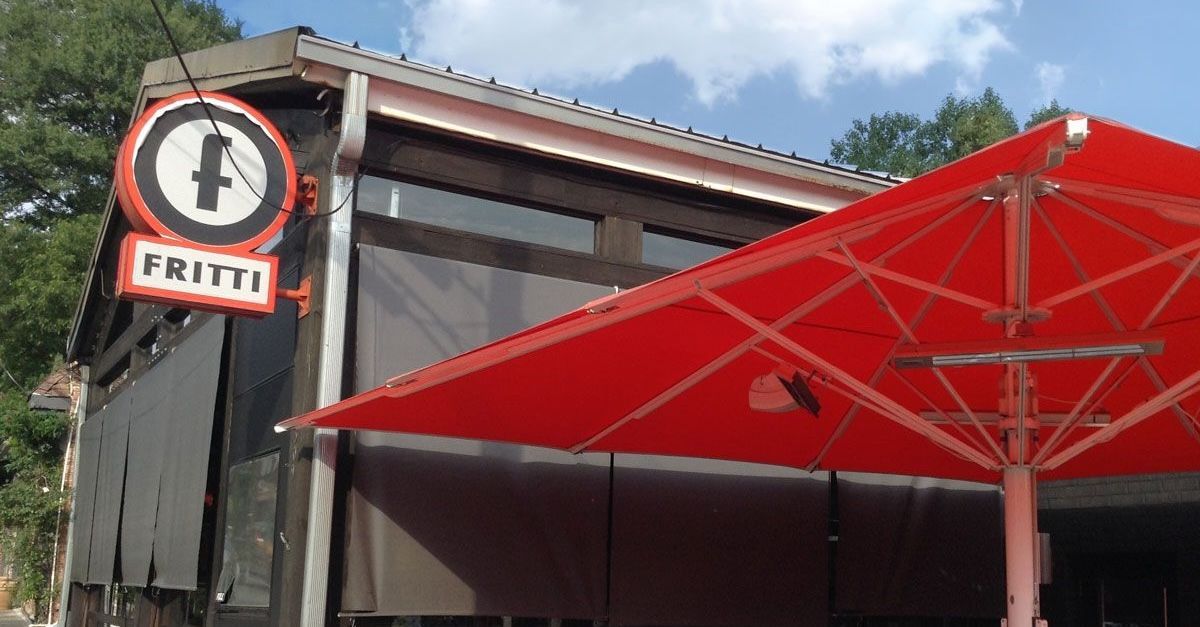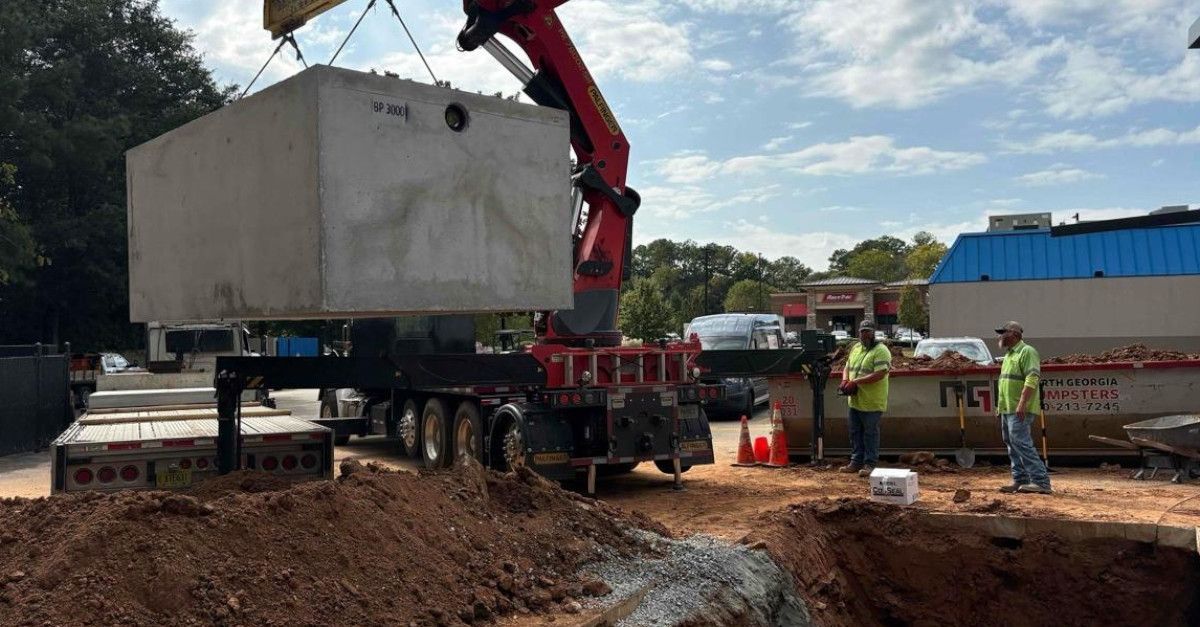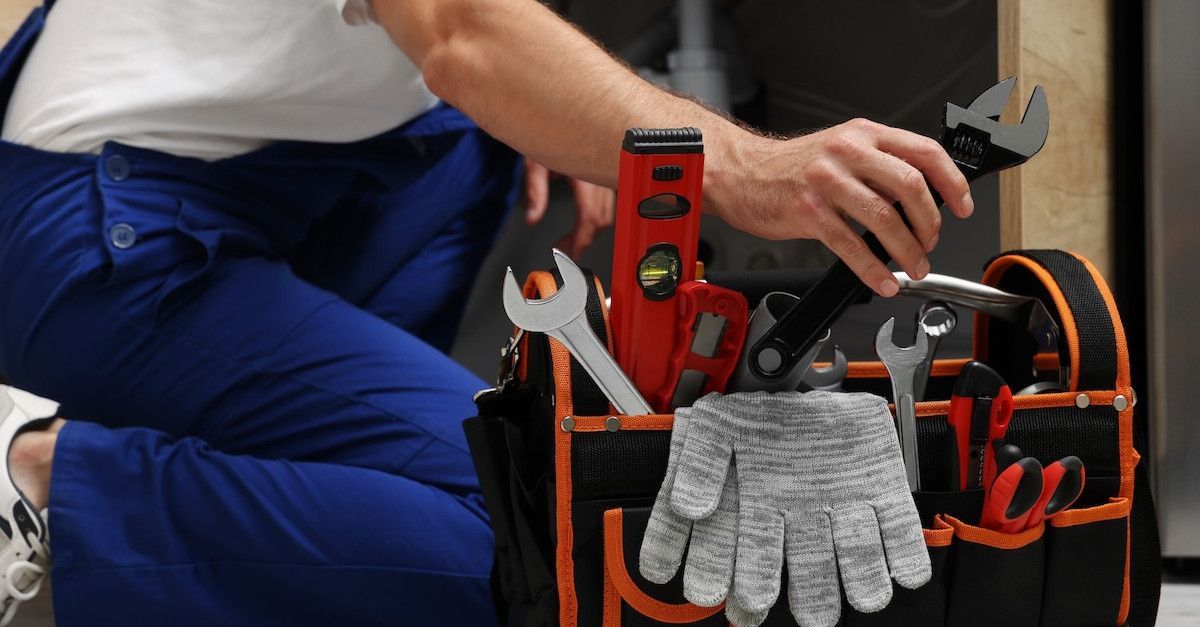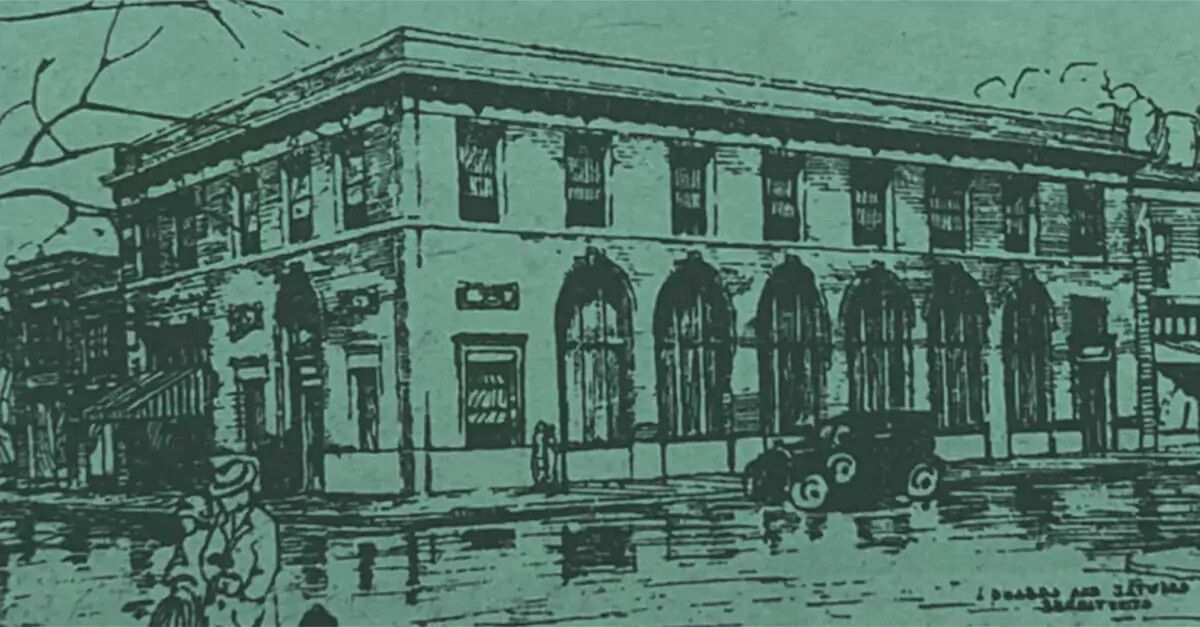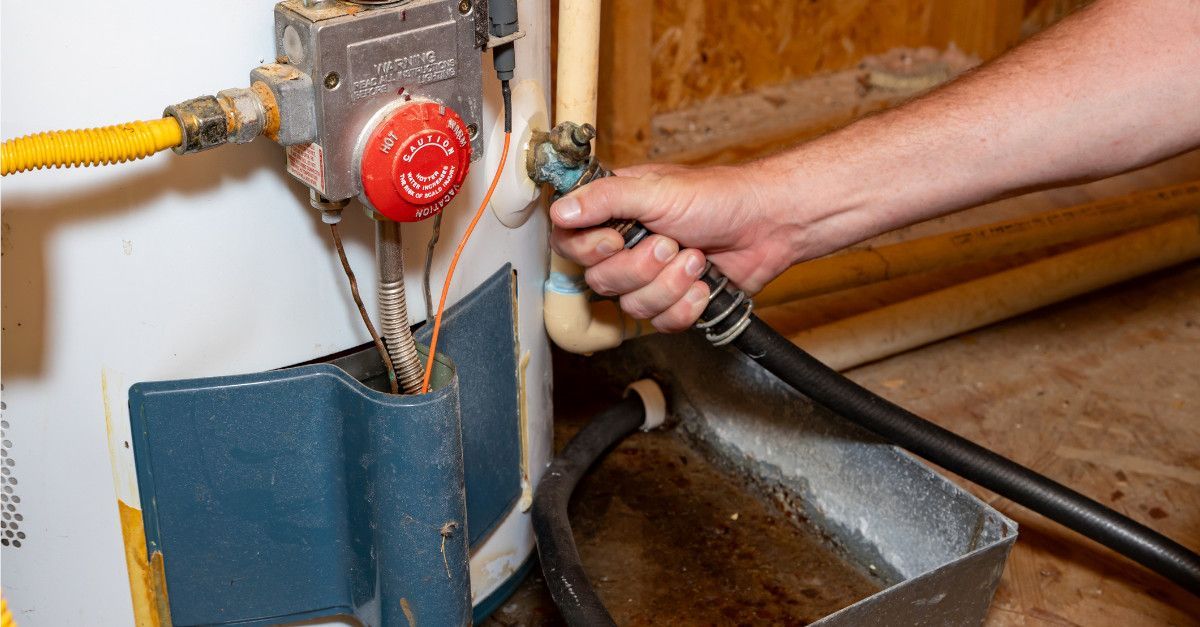What’s the Difference Between Trenchless Pipe Repair and Traditional Pipe Repair?

When you’re faced with broken pipes, the first concern will always be to get the problem fixed as quickly as possible. Traditionally, this meant tearing up large sections of landscaping or pavement to find the source of the issue and repair it. By the time the sewer pipe repair is completed, you may be looking at a bill for the materials and labor as well as separate costs associated with getting your property back to its original state.
However, as trenchless underground pipe repair increases in popularity due to its minimally invasive nature, more and more people are opting to seek out plumbers who can provide this service. So how do trenchless repair methods work and how do they differ from traditional repairs?
Trenchless Pipe Repair
In the simplest definition, trenchless underground pipe repair is a method of fixing your broken sewer pipes without excessive digging. This is done by using the existing
underground plumbing as a host for the new pipe instead of digging up and completely replacing the broken pipe, making it a much more desirable alternative to traditional sewer pipe repair.
Trenchless Pipe Repair Methods
With this type of repair, a small camera is inserted into the problematic pipe to accurately locate the exact point of the issue. Once the problem has been pinpointed, the plumbing technician will dig one to two access points that are used to feed in the replacement pipe with minimal fuss.
Two of the most common
trenchless sewer line replacement methods include pipe lining, which involves feeding a liner through an existing pipe then inflating it and allowing it to harden over time, and pipe bursting, where a new pipe is fed through the damaged pipe behind a hydraulic or pneumatic bursting tool that breaks up the damaged pipe.
Benefits
As previously mentioned, trenchless sewer pipe repairs are much more gentle on your property with less mess and additional repairs. Because of this, trenchless pipe repair costs are a fraction of those associated with traditional repair methods. To top it off, trenchless repairs can be completed in hours as opposed to days meaning less downtime for your home or business.
Traditional Pipe Repair
With traditional repair methods, broken sewer pipes often lead to further damages to landscaping and pavement. Anything and everything between the damaged pipes and the surface must be removed if possible to allow the plumbers to reach the pipe and correct the issue or install a replacement.
Traditional Pipe Repair Methods
The main challenge with traditional sewer line repair is determining where the problem is. This means excavating the entirety of the pipe, repairing or replacing it, and then refilling the surrounding hole with dirt. Depending on the severity of the damage, this process can take days of work to complete.
Pros and Cons
Compared to trenchless methods, traditional pipe repair is extraordinarily time-consuming and disruptive to day-to-day activities. Property owners are often left with a mess that requires additional money to clean up, adding to the already costly bill for materials, equipment, and labor. If the location of the repair affects a motorway, traffic disruptions and delays will occur as well.
Get Trenchless Sewer Line Repair Services from Plumb Works
Trenchless sewer repair can be a cost-effective and quick solution for your damaged pipes. However, the problem must be caught early so that the damages are limited, making the repairs even faster. If you think that you may be in need of trenchless sewer repair, contact Plumb Works today! We also provide a variety of other services including
smart toilet installation and garbage disposal repairs. For more information or to schedule an appointment with an expert plumber, call 404-524-1825.
